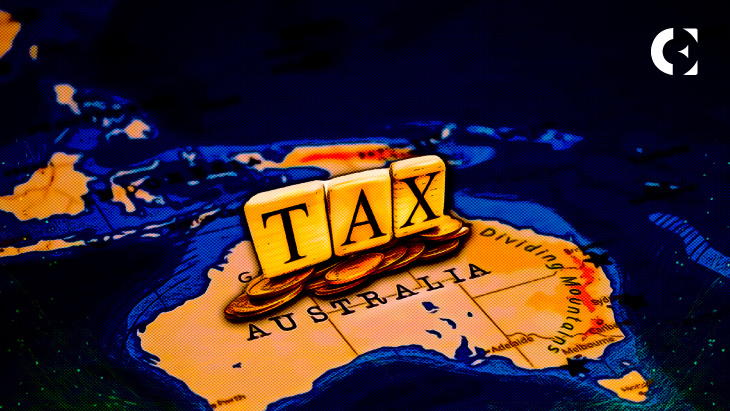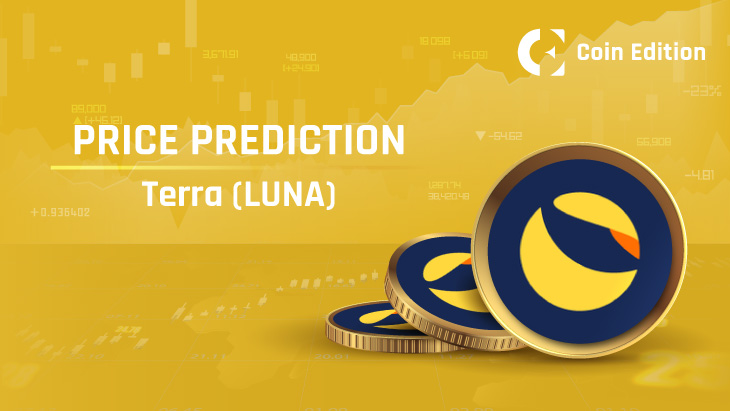- The new Australian budget considers crypto as an asset class.
- Crypto trades will now be subject to capital gains tax.
- Regulators continue to push towards the eAUD CBDC.
Under a new provision in the federal budget, cryptos like Bitcoin will no longer be considered a foreign currency for tax purposes. In its 2022 budget issued on Tuesday, the Australian government made clear that cryptocurrencies will continue to be taxed as an asset class rather than a foreign currency.
This implies that when holders of digital currency sell or trade it on an exchange, they will be subject to capital gains tax on their profits. The new law will be retroactive to tax returns beginning on July 1, 2021.
The budget noted:
This maintains the current tax treatment of digital currencies, including the capital gains tax treatment, where they are held as an investment
However, the budget papers make it quite plain that any digital money produced by the government would continue to be taxed in the same manner as a foreign currency.
The Internal Revenue Service believes that more than one million taxpayers have used some aspect of the cryptocurrency ecosystem since 2018. To investigate the potential uses of digital money among Australian consumers and companies, the Reserve Bank of Australia is also running a “ring-fenced” pilot program.
Mitchell Travers, a blockchain expert and former cryptocurrency exchange operator, expressed confusion over the budget change, claiming it was at odds with government research into the potential of the Central Bank Digital Currency (CBDC).
According to Travers;
It would be ill-advised for the government to take an enforcement approach to the taxation of crypto assets in its early stages
The Reserve Bank of Australia (RBA) is looking towards developing its own CBDC (called the eAUD), and it plans to conduct a pilot project in January 2023 during which interested parties in the sector may submit proposals for potential applications of the eAUD.
The Labor Government has delayed its first budget since May. Earlier, it committed to a “token mapping” strategy to learn about the digital asset sector and tokens before regulating the industry.
Disclaimer: The information presented in this article is for informational and educational purposes only. The article does not constitute financial advice or advice of any kind. Coin Edition is not responsible for any losses incurred as a result of the utilization of content, products, or services mentioned. Readers are advised to exercise caution before taking any action related to the company.







